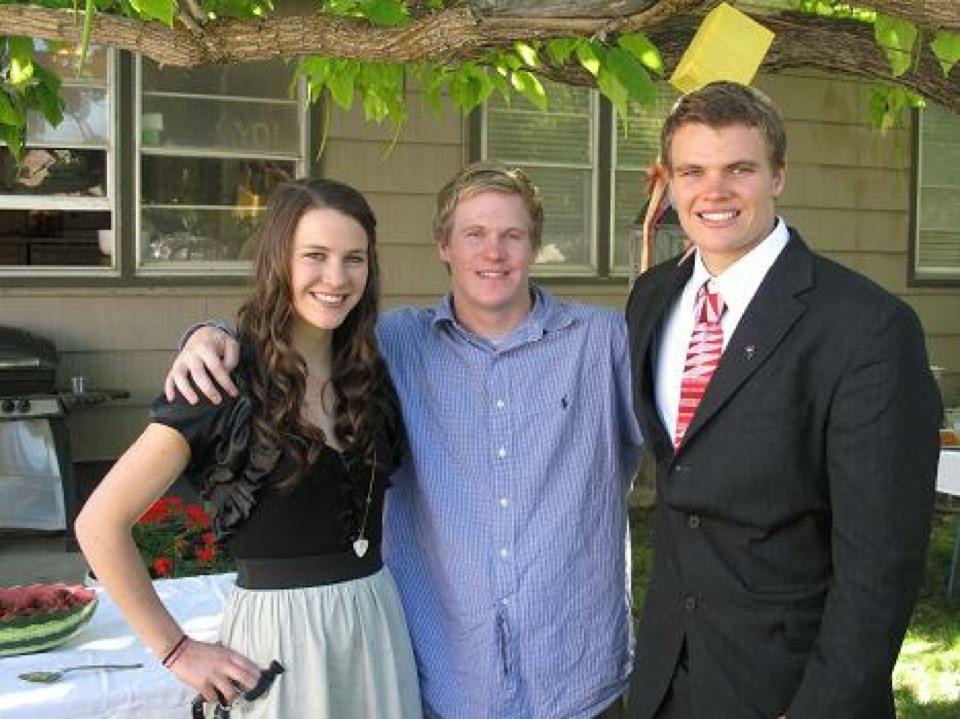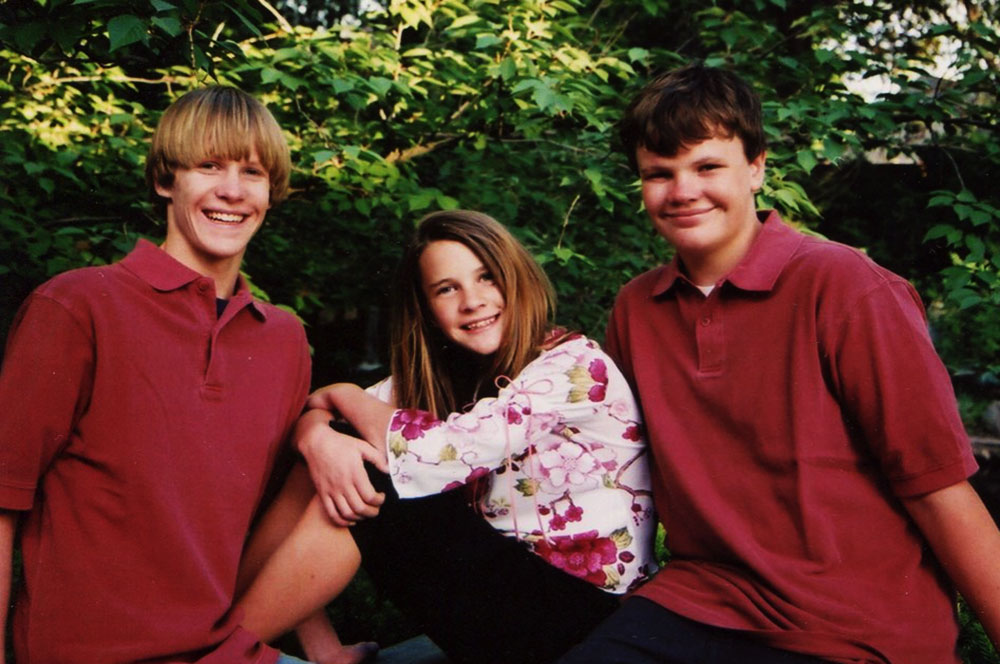they tried to cope with their SAS by using avoidance and either ignored the topic of addiction or cut their siblings out of their lives.

McCall Bills ended up approaching her brother’s addiction in a similar manner and didn’t have any contact with Tyler for at least five years before he died.
“I had a lot of anger towards my brother Tyler,” she said. “I watched him hurt my mom and hurt me. We were torn apart. It was so toxic that it got to a point where I wouldn’t eat very much and was constantly stressed out. Tyler’s addiction was him, not me. I had to focus on me, but it was really difficult.”
Moving on
While many may be better off away from their addicted brothers or sisters, the resulting guilt can be hard to escape.
“My mom never gave up on my brother,” McCall said. “I did give up on him and I will deal with that regret for the rest of my life. My mom did everything she could and she still has regrets.”
Jones said she also struggles with regret and guilt about not doing more for her brother while he was alive.
“Take the time to research and truly understand what your loved one is going through,” she said. “I wish I had. I failed to really look into the specific type of addiction my brother had and what it does to the mind. I looked into it after and realized the times I had been too harsh on him. Now I realize that he was doing his best, that this is a disease that had completely trapped him. It breaks my heart to think that he felt so alone because I didn’t take the time to read up on things more at that time.”
Guilt, regret, and devastation seem to be common themes among the ones affected by addiction, but according to Cullen, education is the only way for loved ones to minimize those feelings.
“People are now learning much more about addiction,” she said. “It doesn’t mean that your addicted child, brother or sister doesn’t love you.”
















